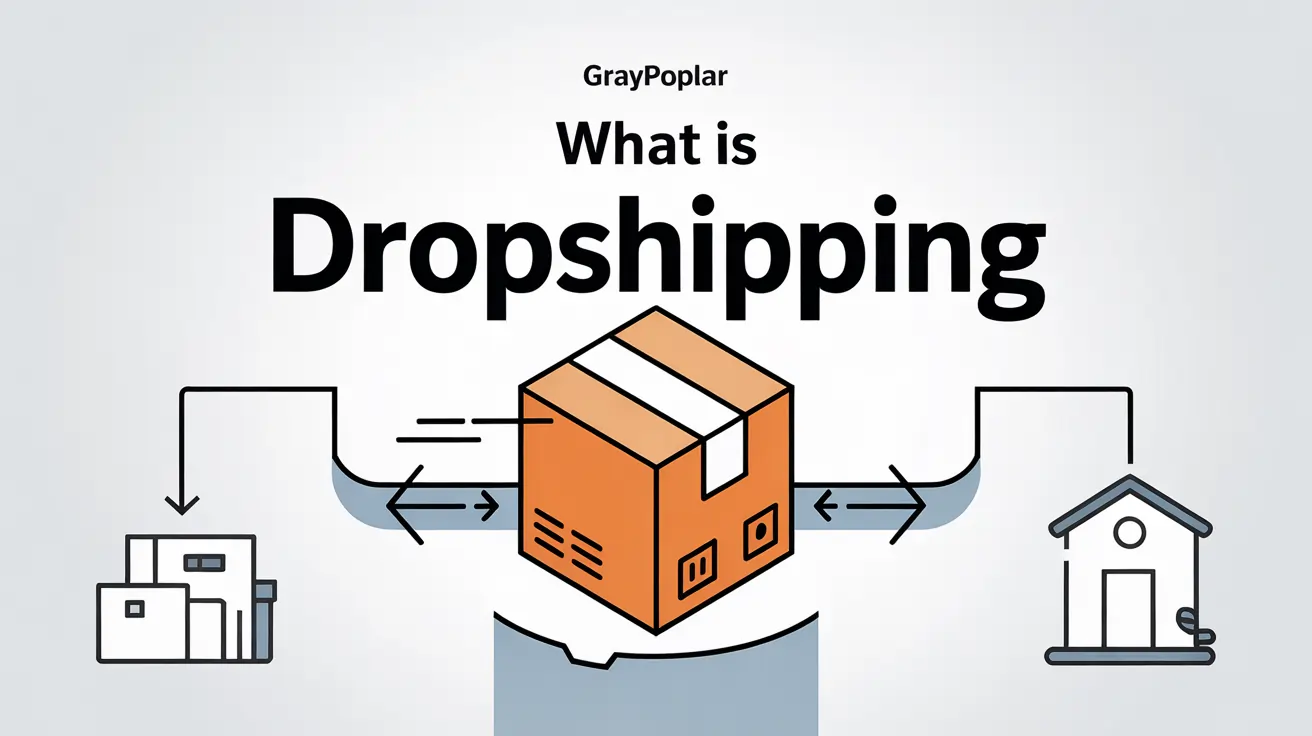Over the years, the CRM industry has grown manifold as businesses increasingly rely on them to manage their interactions with customers, streamline sales processes, and achieve business growth.
With thousands of options available, it is important to consider that all CRM systems are not the same and it is vital to choose the right one for your business requirements. The features of a CRM system play a vital role in determining whether the tool will really add value to your business. To ensure you are making the right decision, it is important to understand the key functionalities that your CRM system should include.
Follow along to learn about the most important features of CRM software that are essential for boosting business efficiency and customer relationships. We also touch on some additional considerations you should keep in mind when selecting a CRM solution.
1. Understanding CRM Features and Functionalities
CRM systems are designed to help businesses manage their interactions with current and potential customers. CRM systems collect, organize, and analyze customer data to help businesses make informed decisions. The features of a CRM system enable businesses to maintain a 360-degree view of customer interactions, improve communication, and automate processes. This ultimately leads to better customer relationships and increased sales.
A good CRM system serves as the backbone of many business processes- be it sales, marketing or customer support. To make the most out of a CRM system, it is vital to ensure that it has the right CRM systems features for your business’s unique needs.
2. Overview of CRM Functionalities
While CRM systems can vary in complexity and features, there are quite a few core functionalities that should be present in any good CRM solution. These features enable businesses to track and manage customer relationships, sales pipelines, marketing campaigns, and much more.
Understanding these features will help you evaluate which CRM system is the best fit for your business.
Some common functionalities include:
- Contact management- Store and organize customer data in a centralized location.
- Sales pipeline management- Track leads, opportunities, and sales progress.
- Reporting and analytics- Generate insights from customer data to improve business strategies.
- Marketing automation- Automate marketing tasks like email campaigns and social media posts.
3. The Role of Technology in Modern CRM
Technology plays an important role in modern CRM systems! Advancements in cloud computing, artificial intelligence, and data analytics have transformed the way businesses interact with customers.
Today, CRM systems are not just data repositories; they are intelligent tools that provide actionable insights and predictions. For instance, AI-powered CRM systems can automatically analyze customer data, recognize patterns, and provide recommendations for future actions. Cloud-based CRM platforms offer accessibility and scalability, thereby enabling businesses to grow without worrying about infrastructure limitations.
Such technological advancements ensure that CRM systems features evolve to meet the ever-changing needs of businesses and customers alike.
4. Essential CRM Features for Business Growth
To make the most of your CRM system, it is important that you identify and prioritize the right features of CRM software.
Here are six key features that should be part of any CRM system, particularly if your main objective is to drive business growth.
Email Management
Effective email management is one of the most important CRM systems features for staying connected with customers. With the help of integrated email tools, you can track communication history, send automated follow-up emails, and segment customer lists for targeted campaigns.
The ability to monitor customer interactions through email can be helpful in personalizing communication and improving customer relationships.
Lead and Opportunity Management
Lead and opportunity management is another one of the most critical features of a CRM system. Tracking where each lead is in the sales funnel can help you prioritize follow-ups and ensure that you do not lose out on any potential opportunity.
Lead management enables your sales teams to focus on high-priority leads and helps automate repetitive tasks such as follow-up reminders or lead scoring.
Sales Pipeline and Forecasting Tools
One of the biggest challenges in the sales process is following up with leads and ensuring no opportunities slip through the cracks.
A CRM system equipped with powerful pipeline management and forecasting tools makes it easier to visualize each stage of the sales process, track progress, and predict future sales outcomes. This enables you to make data-driven decisions about resource allocation and sales strategies, thereby improving your chances of hitting targets.
With features like structured sales processes, sales forecasting, reporting, and even automation driven by AI, a CRM system helps you streamline your approach, build stronger relationships with prospects, and ultimately expand your customer base.
Marketing Automation
If you want to scale your marketing efforts, automation is a must! A CRM with integrated marketing automation features enables you to create and execute campaigns without manually intervening in every step.
This includes automating email marketing, social media posts, lead nurturing, and more. With automated processes, you can reach customers at the right time with the right message, improving conversion rates and customer engagement.
Customization and Scalability
Every business is unique, and your CRM system should reflect that as well. Customization enables businesses to adapt the CRM to their specific workflows, which then makes it easier to manage customer interactions.
Be it creating custom data fields, modifying dashboards, or adjusting the sales process, the ability to customize the CRM is a significant benefit. Moreover, scalability is a requisite for businesses that plan to grow. A good CRM system should be able to scale with your business without requiring a complete overhaul.
Integration Capabilities
Your CRM system should be able to integrate with other software you use, whether it is email platforms, social media tools, or accounting software. Integration capabilities facilitate smooth data flow between systems, and ensure that all information is up-to-date and consistent. With the right integrations, your CRM can serve as a hub for all customer-related activities.
5. Additional Considerations When Evaluating CRM Solutions
When choosing a CRM system, it is also important to look beyond the basic features and evaluate additional factors that will have an impact on your business in the long run. Here are some things to consider:
User Experience and Adoption
A CRM system is only as good as the people using it! A system with a steep learning curve or a complex interface can hinder adoption and reduce its effectiveness. That said, when you are evaluating CRM systems, look for one that offers a user-friendly interface and comprehensive support to ensure that your team can quickly get up to speed.
Security and Data Privacy
Customer data is invaluable for any business and protecting it should be a top priority. Look for a CRM system that offers strong security features such as encryption, two-factor authentication, and compliance with data protection regulations. A secure CRM system will ensure that customer information remains safe and that your business meets all necessary privacy requirements.
Cost and Return on Investment (ROI)
While a CRM system can be a powerful tool, it is important to consider the cost of implementation and maintenance.
Some CRM systems may have high upfront costs or subscription fees, so it may help to evaluate whether the system provides a solid return on investment. Make sure to consider the long-term benefits, including increased sales, improved customer retention, and streamlined processes.
Vendor Support and Future Updates
No CRM system is perfect from the get go, and you will likely need support as you implement and use it. Choose a CRM vendor that offers excellent customer service and regular updates to ensure that your system evolves with the latest features and improvements.
6. Conclusion
The features of a CRM system can significantly impact how well your business manages customer relationships, sales, and marketing efforts.
When you understand the core CRM systems features that drive business growth, you can make an informed decision about which system is right for you. While it is important to consider essential features such as email management, lead and opportunity management, and sales pipeline tools, these are just the beginning. It is also important to also consider factors like user experience, data security, and cost to ensure that you select a CRM system that supports long-term success.
Hence, it is vital to invest a CRM system with the right features of CRM software, so you can streamline processes, improve customer satisfaction, and ultimately drive business growth.




